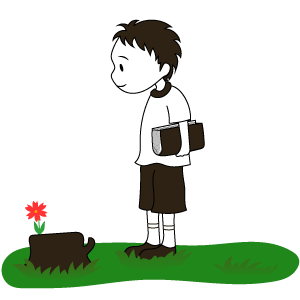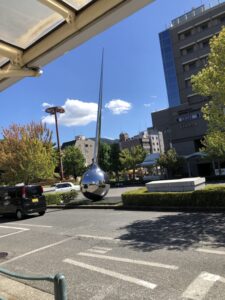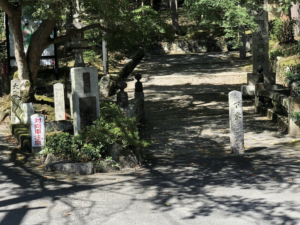That’s exactly where I am at right now.
So I honestly think that bloggers, essayists, and people who can write every day are amazing. Of course, it must be hard.
I’m not Haruki Murakami, but I’m careful not to write too many essays, and as he said, “If you write about what happens around you and what you feel on a daily basis, you gradually start to feel like you’re selling off your life piece by piece. If you do that, you start to feel like you’re leaving nothing behind.” (Source: “Let’s try something like Murakami” (Source: Asahi Shimbun Co.), and I do feel like I’m becoming empty.
Of course, some people say that it’s better for the body to keep its mind and body empty by constantly releasing dissatisfaction and other feelings (the words of a Qigong teacher I read somewhere).
On the other hand, novelists who use words might be better off storing the frustration, sorrow, anger, and joy in their hearts (or, in Murakami Haruki’s words, putting them away in a drawer) and waiting for them to take natural shape and turn into a story.
I’ll say it again, I’m really impressed by people who update their Note every day, and even those who have been writing every day for years (Yahiro is a prime example).
On the other hand, in one blogger’s article,
there was a line that said,
“When you write a blog every day, one day a light flashes in your head that tells you to stop, that you’ve run out of gas.” I think that’s what Haruki Haruki means.
Of course, if you look desperately for ideas for your blog, you’ll never be unable to find them. There are a lot of interesting things and valuable experiences in this world.
However, at a certain point, I feel that something is wrong when the search for ideas to write for starts to take priority over everything else.
Whether I’m playing, walking, or even at someone else’s funeral, I find myself searching for something to use as a good story before savoring the joys and sorrows of the experience.
When that happens, I tend to get too absorbed in the fun and take a step back, ruining it. It’s similar to having to stop every time to take a photo.
Writing, not just blogging, is a full-body exercise that wears out not only the mind but also the body (from a physical experience).
No matter how much you love writing, if you keep writing for three days and three nights straight, you’ll probably die.
Writing that much takes up physical and mental energy.
Of course, professional essayists and bloggers can’t say that, “That’s where the professional’s skills come into play, and that’s what makes them professionals.”
For example, when a calligrapher writes a work of cursive writing, it looks like the brush is flowing smoothly from the outside, but to be able to write at that level requires a long period of training, effort, and accumulation of experience. And it must take a lot of physical strength.
The basic premise is that if Note is difficult or writing is difficult, you may be able to just quit, since no one is asking you to do it, but once you have created a space (Note or X) of your own volition and sent out something responsibly, you should never erase it with your own hands.
Regardless of the success or failure of the words, the words spoken and the subsequent exchanges are already part of society that has left your hands and become everyone’s shared property.
Anyway, don’t quit, and continue in a relaxed manner.
This may be the state of mind you will reach when you no longer have to write on your blog.
And it may be a posture you should not forget.
Anyway, don’t quit.
Or so I tell myself.
It seems that Yoshida Kenko’s Tsurezuregusa was written with that kind of feeling.
“A stray cat making a sad noise in the garden at night”












